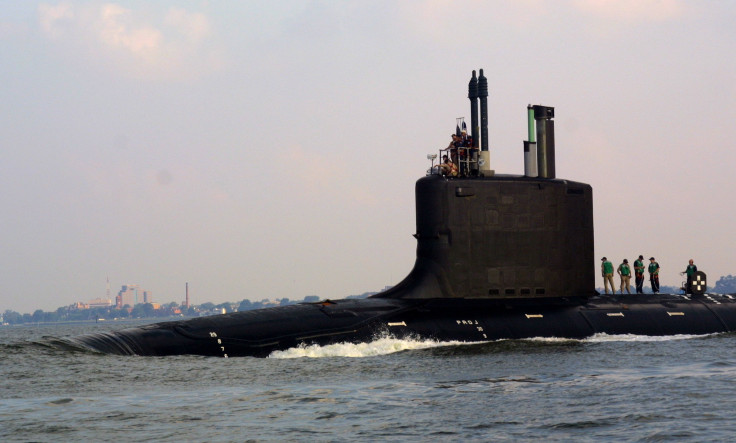Nuclear Bomb Dropped In 1961 In North Carolina Was A Switch Away From Exploding: Report

North Carolina had a close brush with a nuclear catastrophe in 1961, when a B-52 bomber broke up in midair and accidentally dropped two Mark 39 hydrogen bombs, one of which was a switch away from exploding, over Goldsboro, N.C., according to a declassified document published by The Guardian on Friday.
The U.S. government had acknowledged the accident previously, but this is the first time it was conclusively shown how close the bomb came to detonating in the mishap, which occurred on Jan. 23, 1961, at the height of the Cold War between the U.S. and erstwhile Soviet Union, and a year before the Cuban missile crisis, when the world's greatest militaries came dangerously close to waging a nuclear war.
The document, written on Oct.22, 1969, by Parker F. Jones, the supervisor of the nuclear weapons safety department at Sandia national laboratories, was obtained by investigative reporter Eric Schlosser through the Freedom of Information Act.
Each bomb was equipped with a payload of 4 megatons, and the trigger mechanisms of one of the bombs had been accidentally activated in such a sequence that, had one final switch not been set correctly, the bomb would have exploded, unleashing destructive force and radiation that could have put millions of lives at risk.
“One simple, dynamo-technology, low voltage switch stood between the United States and a major catastrophe,” the document said. “The Mk 39 Mod 2 bomb did not possess adequate safety for the airborne alert role in the B-52.”
The bomb was almost 260 times as powerful as the bombs that the U.S. dropped over Hiroshima and Nagasaki, and according to Schlosser, who spoke to the BBC, such an explosion would have “changed literally the course of history.”
The fallout from the explosion could have reached Washington, D.C., Baltimore, Philadelphia and even New York City, The Guardian said.
© Copyright IBTimes 2025. All rights reserved.






















